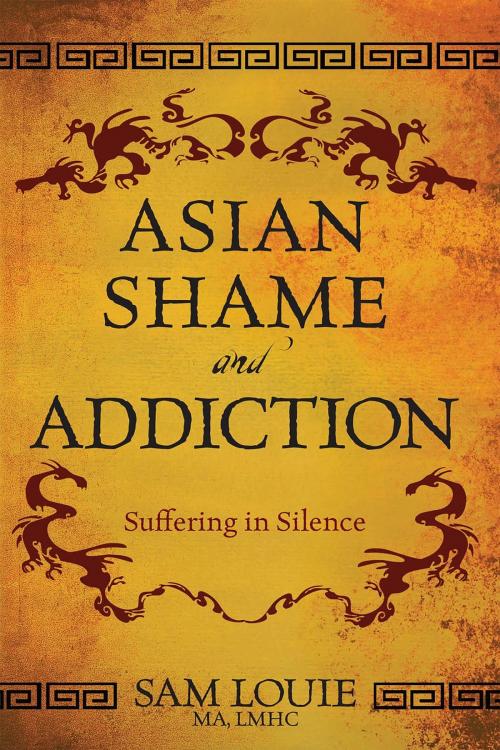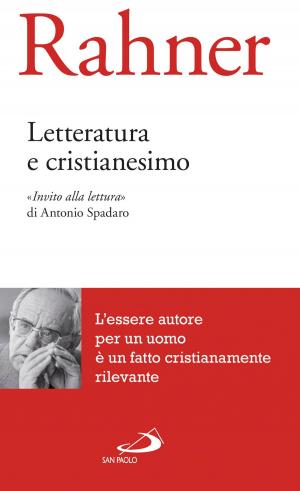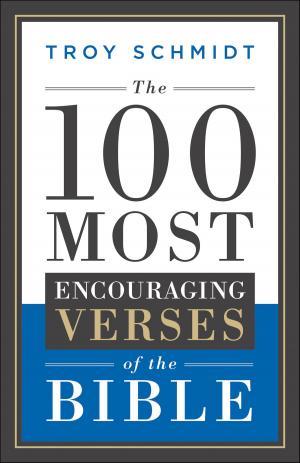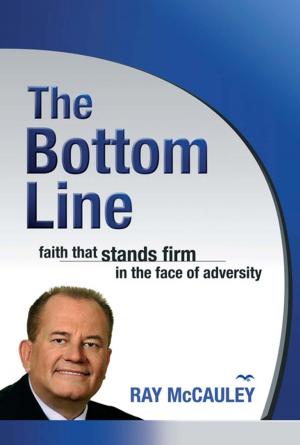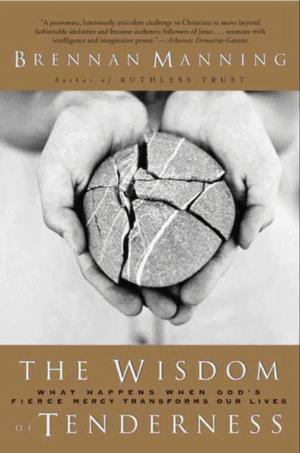Asian Shame and Addiction
Suffering in Silence
Nonfiction, Religion & Spirituality, Inspiration & Meditation, Pastoral Counseling, Health & Well Being, Psychology, Counselling, Christianity, Christian Life| Author: | Sam Louie | ISBN: | 9780692593042 |
| Publisher: | Sam Louie | Publication: | December 2, 2015 |
| Imprint: | Sam Louie | Language: | English |
| Author: | Sam Louie |
| ISBN: | 9780692593042 |
| Publisher: | Sam Louie |
| Publication: | December 2, 2015 |
| Imprint: | Sam Louie |
| Language: | English |
Many Asians are drowning in shame and addictions with no way out. Is this any different from a Westerner? I would say very much so. Shame is embedded in the Asian way of thinking, behaving, and interacting. If you do not understand the cultural history of shame and its underpinnings, then you will have a hard time understanding the stranglehold of shame among Asians.
This book is geared towards any business leader, manager, traveler, counselor, who is in contact with an Asian friend, colleague, or client. It is to help you get to the heart of Asian Shame and some of the associated behaviors and addictions that result from a culture that inhibits healthy emotional expression. If you want healthy intimacy among Asians, you need to understand how to recognize and break this cultural cycle of shame that has shackled millions of Asians to fall prey to the vices of gambling, sex, spending, eating, and other addictive behaviors.
I am a psychotherapist in private practice specializing in sex addiction and Asian-American issues. I am also an Emmy Award-Winning former television news journalist with a master’s degree in Clinical Psychology.
In writing this book about Asian Shame & Addiction, my goal is to combine my professional background, my passion for emotional well-being, and my own experiences as a means to educate people about the culture of shame and it’s impact on emotional intimacy and relationships.
As a first generation Chinese-American growing up in the United States, I experienced the duality of living in the tension of two cultures-East vs. West. The Asian way is collectivist, to keep all our personal emotions buried and focus on our family and culture. The American mindset is to see yourself as an individual created with unique thoughts that should be expressed. How do Asian-Americans handle the differences that come with this tension? With a cultural and language barrier that prevented honest discussions about identity and cultural norms, many Asians ignore the conflict and repress their emotions. But repressed emotions of shame can not be ignored. Instead they resurface in millions of Asians in the form of addictions: gambling, sex, infidelity, spending, eating disorders to name a few.
Many Asians are drowning in shame and addictions with no way out. Is this any different from a Westerner? I would say very much so. Shame is embedded in the Asian way of thinking, behaving, and interacting. If you do not understand the cultural history of shame and its underpinnings, then you will have a hard time understanding the stranglehold of shame among Asians.
This book is geared towards any business leader, manager, traveler, counselor, who is in contact with an Asian friend, colleague, or client. It is to help you get to the heart of Asian Shame and some of the associated behaviors and addictions that result from a culture that inhibits healthy emotional expression. If you want healthy intimacy among Asians, you need to understand how to recognize and break this cultural cycle of shame that has shackled millions of Asians to fall prey to the vices of gambling, sex, spending, eating, and other addictive behaviors.
I am a psychotherapist in private practice specializing in sex addiction and Asian-American issues. I am also an Emmy Award-Winning former television news journalist with a master’s degree in Clinical Psychology.
In writing this book about Asian Shame & Addiction, my goal is to combine my professional background, my passion for emotional well-being, and my own experiences as a means to educate people about the culture of shame and it’s impact on emotional intimacy and relationships.
As a first generation Chinese-American growing up in the United States, I experienced the duality of living in the tension of two cultures-East vs. West. The Asian way is collectivist, to keep all our personal emotions buried and focus on our family and culture. The American mindset is to see yourself as an individual created with unique thoughts that should be expressed. How do Asian-Americans handle the differences that come with this tension? With a cultural and language barrier that prevented honest discussions about identity and cultural norms, many Asians ignore the conflict and repress their emotions. But repressed emotions of shame can not be ignored. Instead they resurface in millions of Asians in the form of addictions: gambling, sex, infidelity, spending, eating disorders to name a few.
